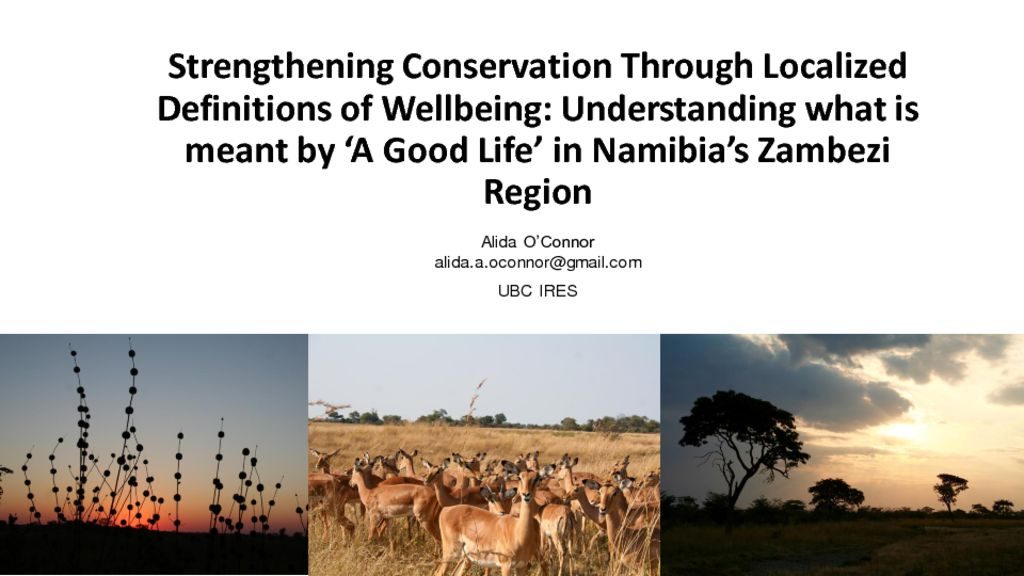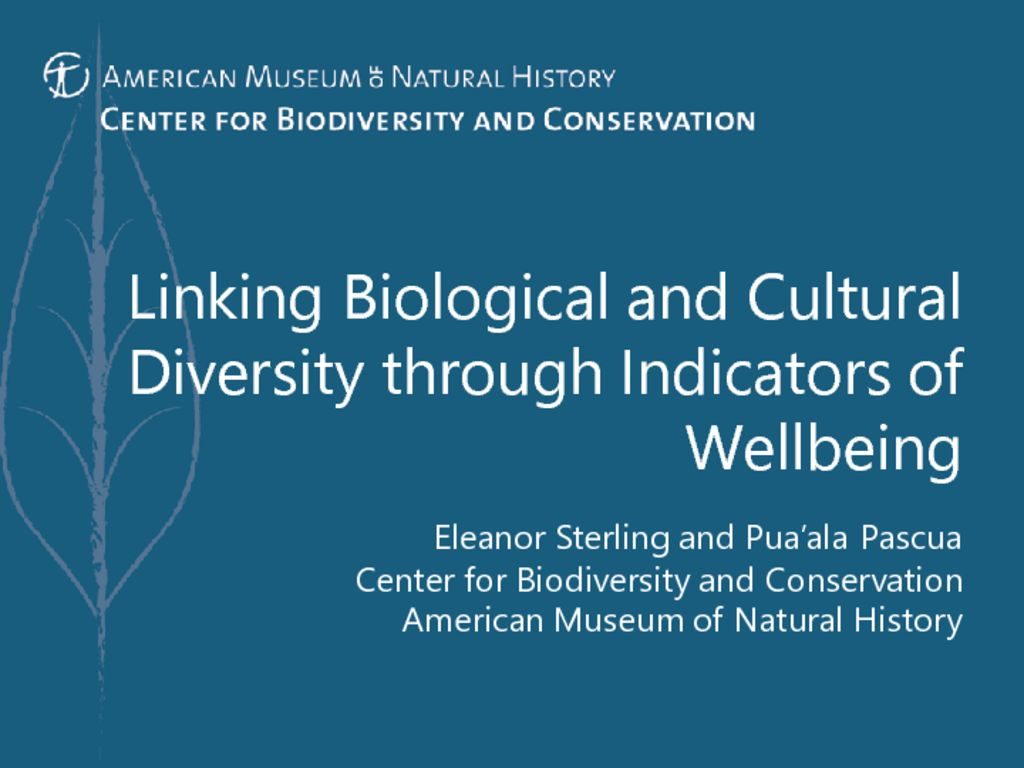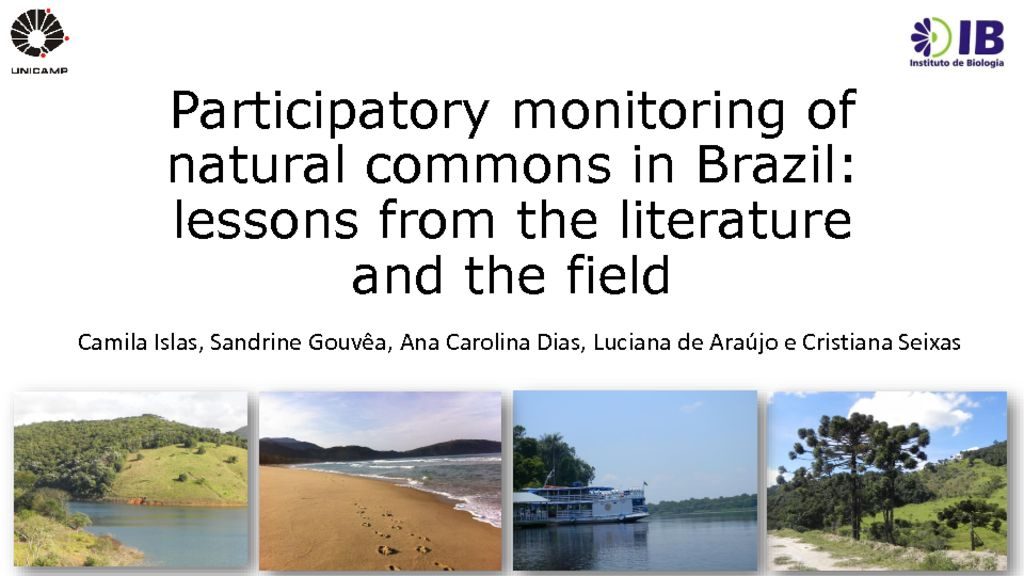15 Apr Monitoring and Assessment
Conservation practices have largely evolved from ‘fence and fine’ strategies to participatory approaches. It is now widely accepted that conservation initiatives should deliver both socioeconomic benefits and biodiversity protection – while being tailored to local needs as to foster more meaningful community involvement. As the collection of case studies found on this page demonstrate, it is not the way wellbeing is categorized that is most important, but for conservation initiatives to be successful, how the dimensions of wellbeing are interpreted and incorporated in the process of conservation planning has proved to be integral to the project’s success.
There is increasing attention on the efforts of Indigenous Peoples and local communities who implement local-level, ecosystem-based approaches to resource management and sustainability. This is especially true when those communities implement what can be described as a biocultural approach to natural resource management—one the builds from and explicitly includes local knowledges, values, and perspectives. However, developing indicators to assess the local outcomes of sustainability management actions, and linking them to broader national and international policy targets, remains a key challenge. This can become problematic if diverging local, national, and international needs and values lead to misdirection of resources and implementation of programs inappropriate to local contexts. Collaboration between local, national, and international indicator initiatives is essential to synergize cross-scale planning and enhance evidence-informed implementation for sustainability.
The studies included in this section provide insight into the potential advantages of promoting participation in local monitoring networks, increasing awareness of the balance between social and ecological wellbeing, and finding meaningful ways to resolve conflicting values, perceptions and concerns of stakeholders.
Key Themes:
Engagement, Education & Empowerment, Climate & Environmental Changes, Wildlife & Fisheries
Click titles to expand sections below:
Strengthening Conservation Through Localized Definitions of Wellbeing: Understanding what is meant by 'A Good Life' in Namibia's Zambezi Region
Linking biological and cultural diversity through indicators of well-being
Participatory monitoring of natural commons in Brazil: lessons from the literature and the field
Wellbeing-ecosystem services bundles for adaptive governance of coastal systems experiencing rapid change
Ana Carolina Dias (University of Waterloo), Derek Armitage (University of Waterloo), Jessica Blythe (University of Waterloo), Donovan Campbell (University of West Indies), Cheryl Chan (University of Waterloo), Graham Epstein (University of Waterloo), Melissa Marschke (University of Ottawa), Prateep Nayak (University of Waterloo)
Spatiotemporal analysis of bio-economic indicators in a small-scale rights-based managed Caribbean spiny lobster (Panulirus argus) fishery
Maren Headley (Universidad Marista de Mérida), Juan Carlos Seijo (Universidad Marista de Mérida), Alvaro Hernández (Universidad Marista de Mérida), Alfonso Cuevas (Marist), Raul Villanueva (Universidad Marista de Mérida)
The Wild Harvest Initiative: A New Valuation for Wildlife
Shane Mahoney (Conservation Visions Inc.)
Robust judgement elicitation techniques to cope with conservation conflicts
Jean Hugé (Ghent University & Hasselt University)





